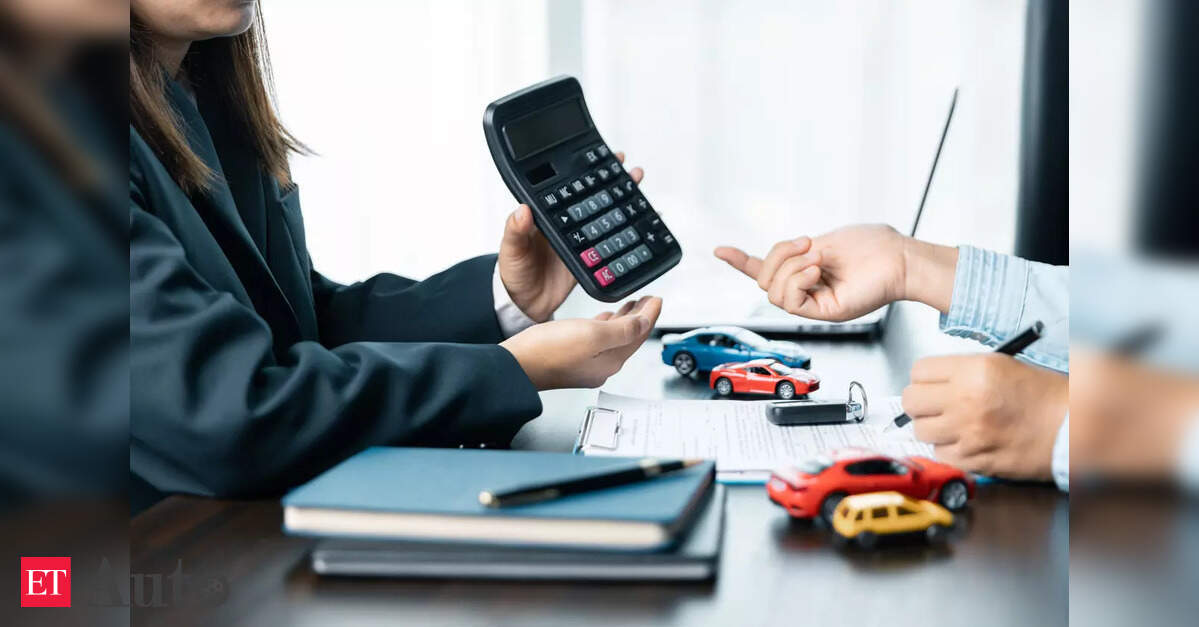 Some buyers are also upgrading to larger models.
Some buyers are also upgrading to larger models.Public sector banks are reporting an unusual surge in requests for cancellation of approved car loans, as customers prefer to defer purchases until the implementation of lower GST rates from September 22, when car prices are set to fall, according to PTI.
The 56th GST Council meeting earlier this month approved a substantial reduction in the GST rate for cars with engine capacity up to 1,200 cc to 18 per cent, from the current 28 per cent. With the removal of compensation cess on automobiles, effective September 22, the overall tax burden on passenger vehicles will reduce significantly.
“Some customers who had their car loans approved are now contacting branches for cancellation, as they want to buy after the GST cuts come into effect,” a senior official of a public sector bank said. He added that since cancellation charges are nominal compared to the benefits from lower prices, many borrowers are opting to restart the loan process later.
Impact of festive timing
The timing coincides with the end of the Shradha period on September 21, which traditionally sees muted purchases. “There has been a delay in offtake, as borrowers are waiting for the rate cut and also due to Shradha. Post-September 22, demand is expected to revive strongly,” another official said. Some buyers are also upgrading to larger models. “Customers are now opting for better versions of cars in the 1,300 cc category, as they are getting around 10 per cent benefit,” the official noted.
Tax transition
According to the Central Board of Indirect Taxes and Customs (CBIC), the applicable GST rate will depend on the date of invoicing. Cars invoiced before September 22 will attract the old rate, while those billed later will benefit from the revised structure.
Currently, automobiles attract 28 per cent GST plus a compensation cess ranging from 1 to 22 per cent, depending on type, taking the total tax incidence to between 29 per cent for small cars and 50 per cent for SUVs. From September 22, small petrol and diesel cars (up to 1,200 cc and 1,500 cc, respectively) will attract 18 per cent GST, while larger vehicles will face a flat 40 per cent rate.
Cess lapse
Meanwhile, an estimated ₹2,500 crore of accumulated compensation cess on the books of automakers will lapse once the levy ends. “Compensation cess was imposed for a particular purpose… Once the levy is gone, whatever credit is lying will remain in their books,” CBIC Chairman Sanjay Kumar Agarwal said last week.
With the festive season around the corner, industry watchers expect a sharp rebound in demand once the new GST regime takes effect, with banks likely to see a renewed surge in car loan applications.




